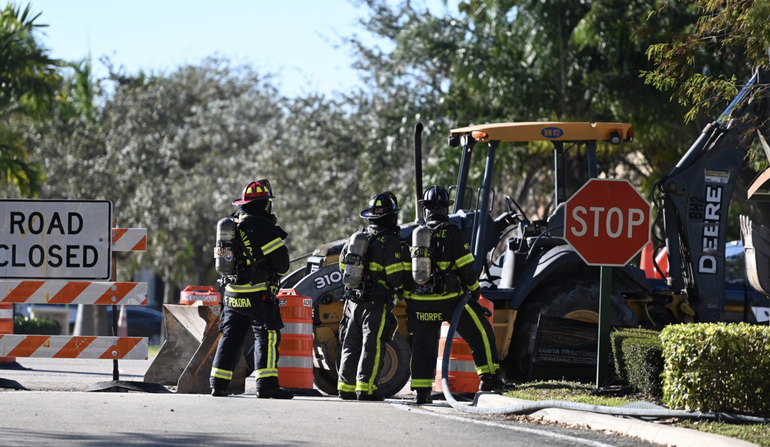I assume that we’ll proceed as we have throughout his public career, which ended on Thursday with his family announcing his death at the age of 76 from prostate cancer. We’ll keep inventing stories about O.J. Simpson based on our views and assumptions.
After all, what else can be done with an empty, blank space? In the end, O.J. Simpson was just that empty, a hole into which people could project their emotions rather than confronting the mystery surrounding what he was.
To put it simply, these views experienced a significant shift over the years as his popularity gave way to fame, going from being one of the most adored and divisive personalities to one of the most hated.
Since Simpson received his initial handoff as a running back for the University of Southern California more than fifty years ago, that is what we have been doing with him.
That was back in the late 1960s when he could go through and around opponents for seemingly incredible yardage gains, quieting the breathing of over 70,000 fans at the L.A. Coliseum and millions more watching on television. During those years, he was only an artist creating complex designs on sod, primarily depending on his enhanced intuition.
Remember that during this period, the most remarkable Black athletes of that time included numerous individuals who did not shy away from controversy, including Bill Russell, Muhammad Ali, and Jim Brown. When compared to other college students who were determined to take on the Establishment at the same time, Simpson seemed to have little to no interest in doing so. Apart from being a powerful player on the field, he exuded charisma and was affable off it.
He had little interest in politics, civil rights, or Black nationalism. He was once famously quoted as declaring, “I’m not Black.” “My name is O.J.”
Simpson would bring this ordinary but bright charm into the marketplace once he turned pro by moving with a combination of power and flexibility when carrying a football. He might be able to provide soft beverages, convertible vehicles, cowboy boots, aluminum siding, and even reverse mortgages.
Perhaps his most successful product was O.J. Simpson himself; he was a sought-after casting choice for films and television series, not because of his acting prowess but rather, because of his notoriety as the first professional running back to carry the ball over 2,000 yards in a single season.
For millions of Americans and many more across the world, O.J. was enough to project their hopes and goals, even without titles or rings.
But honestly, who was he? Was he the joyful young man from San Francisco’s streets who won the jackpot of fame and glory? Or was he a crafty con man who was always able to make himself feel at ease in any social setting, including corporate boardrooms and the highest echelons of show business? Perhaps both?
I’m assuming that with O.J., we have a functioning definition of the ultimate entitlement, which is the power to be anyone you want to be and have everyone accept you for it.
After that, in June 1994, Simpson’s ex-wife Nicole Brown Simpson, and her friend Ronald Goldman were brutally murdered. This was followed by a series of bizarre events that, looking back, still seem surreal, starting with the Night of the White Bronco and ending with the Trial of the Century, which had many unexpected turns and twists before the almost universally shocking not-guilty verdict.
It feels likely that such a profound event would sharpen focus and maybe fill in many of the blanks in a person’s past. That is not right.
Millions of onlookers projected their anxieties, resentment, and fears onto an extra, wider blank canvas that was created by the Goldman-Brown shootings and its lethargic aftermath.
Since the night of the deaths, many people, including Simpson himself, have expressed a wish to know the truth about the killings. That fact has not yet been proven. Rather, what we witness are people’s opinions projected onto a range of subjects, not only O.J.
The People v. O.J. Simpson case included racism, class privilege, domestic violence, and the whims of injustice. All of these themes were interwoven into the narrative.
One may contend that the Black jurors who rendered the verdict in Simpson’s case were projecting their long-standing grievances on Detective Mark Fuhrman, a crucial witness in the case, and the Los Angeles Police Department in general.
It could also be argued that the White people who had publicly welcomed Simpson into their living rooms as a friendly, glamorous, well-known Black person expressed their outrage and betrayal over the verdict to support their shallow stereotypes of Black people in general. All these problems are unimportant, or at least don’t seem to be as important as they formerly were.
Whether Simpson was guilty or innocent doesn’t seem to matter now that he’s dead. It also doesn’t matter that he had to deal with difficulties thereafter related to the 1997 legal settlement, which required him to provide the relatives of the deceased more than $33 million in damages.









